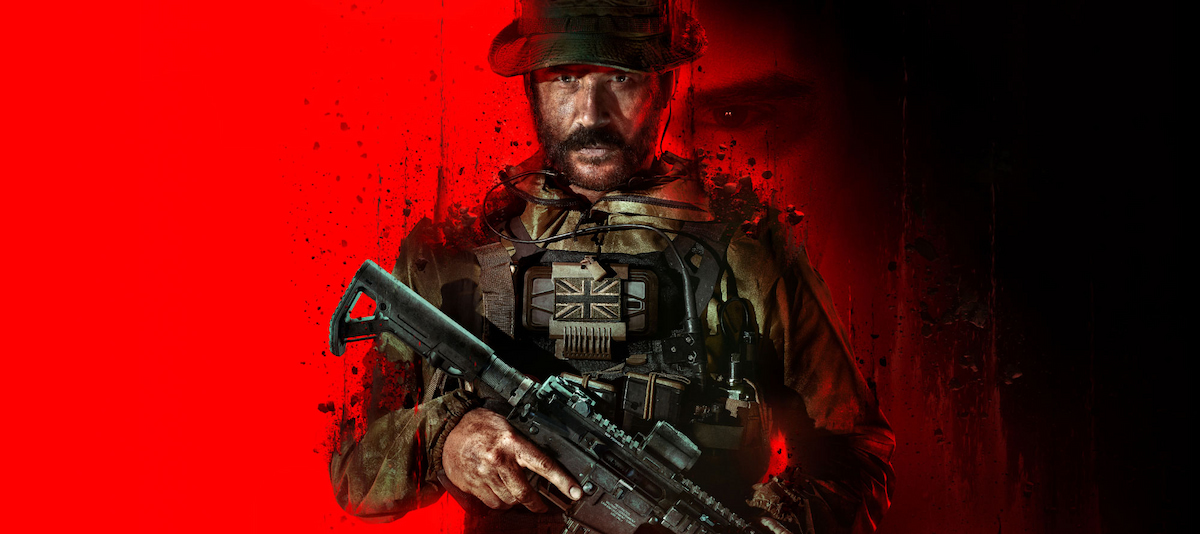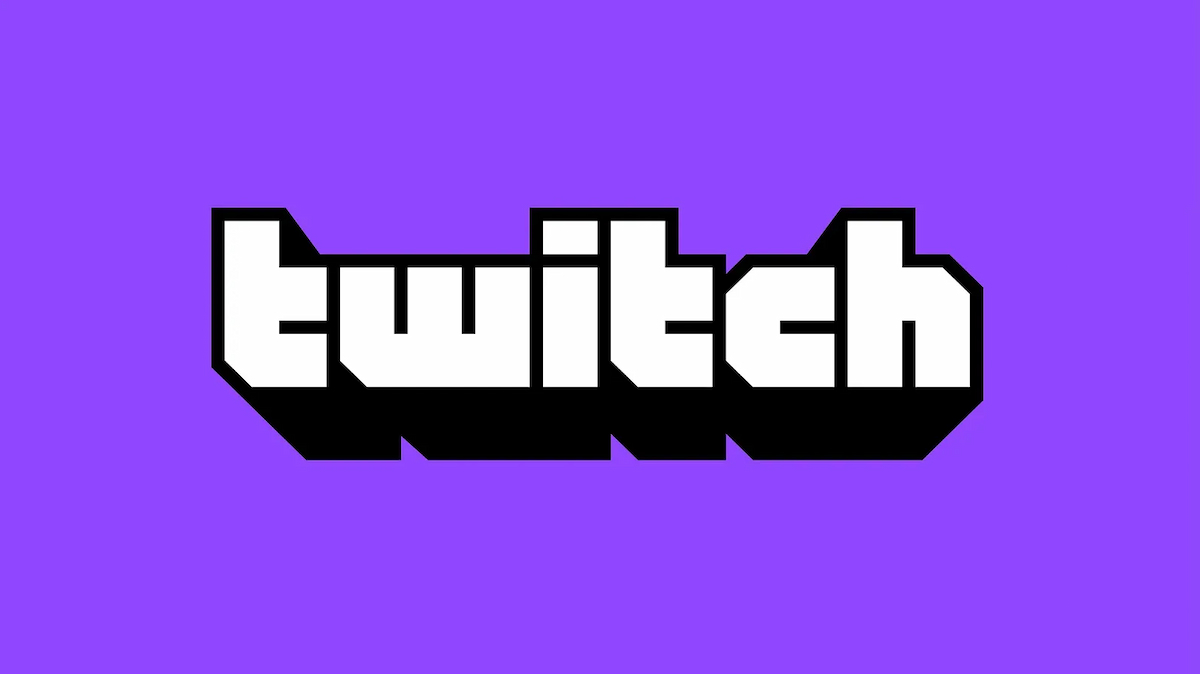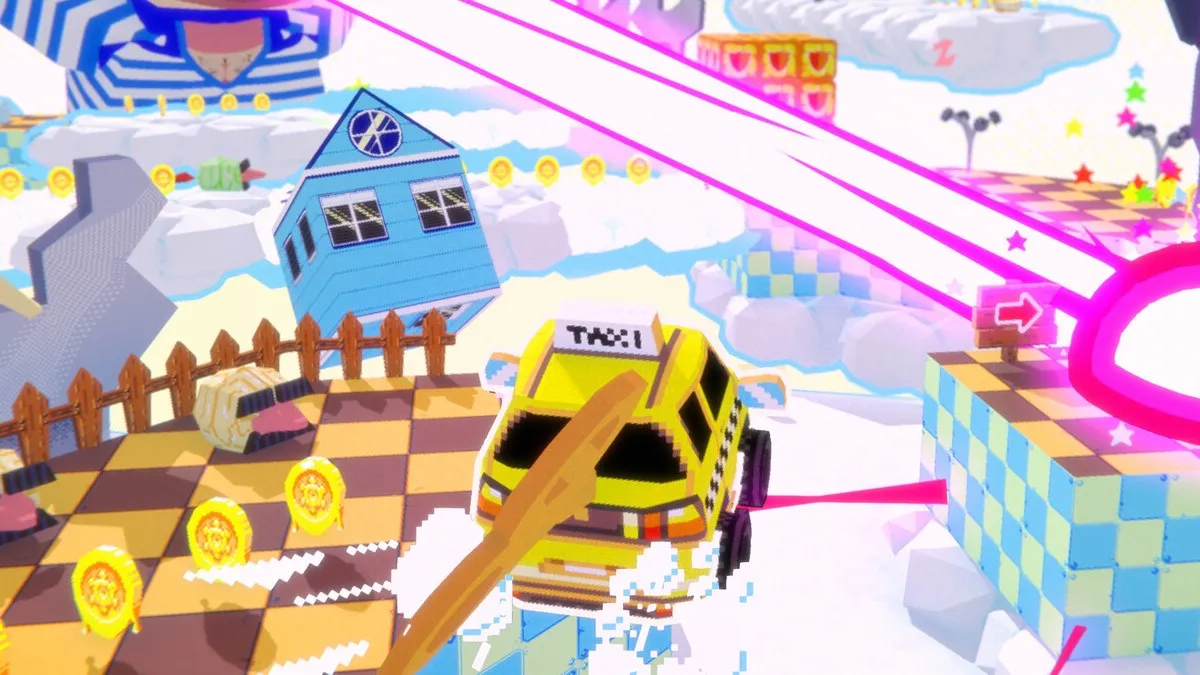Hollywood writer/director/producer Stephen Gaghan co-wrote the campaign story in Activision’s latest $1 billion Call of Duty game. Ghosts, which recently launched on Xbox One and PlayStation 4, delivers another roller coaster ride to the depths of the ocean and into outer space as players fight against the Federation to save the world.
Gaghan, who earned an Oscar for adapting Traffic into a feature film, worked closely with Infinity Ward and Neversoft on the new Ghosts world. The writer/director of Syriana explains how feasible the Federation is, and discusses Ghosts 2 while offering his opinion on why there’s never been a Call of Duty movie in this exclusive interview.
What was it like working with the video game industry?
It’s an enormously involved process. Working with these guys was really interesting. We’re working with lots of people honing the story, figuring out what the narrative is, like when you’re doing the motion capture of the tiniest moments in the game. It’s like “who is this guy, what’s his physicality going to be, does he hesitate here, how does he move, where is he looking, what’s he thinking about?”
Once we had a story that we all really happy with, they came to me and said, “OK Steve, pitch it to everyone.” And I’m like, what is that exactly? And they’re like, “We have a theater here and you’re going to go down to the front of the theater and we’re going to have everybody in the company come in, all the lead designers and all the heads of the company and all the really powerful people, and you’re going to tell them the whole story from beginning to end. Then they’re going to criticize you.” I wanted to do this remotely over email, but I did it and it turned out to be really fun. I loved it. I just told this whole story from way before the game started to after the game ended, and when I got done, we had a spirited question answer and session.
Having done your first game, would you come back and continue as David Goyer did on two of the Black Ops games?
Definitely. If they would have me, I would love to do it. I really like the people and I’m proud of the product. It turned out to be a pretty good game. It’s challenging, as good and successful as it is, to feel like you’re breaking a new trail and coming up with reasons to be excited about it. I like that challenge a lot, and I would be happy to go back and do it again.
Did you map out where the story would go in Ghosts 2 with Rorke surviving at the end?
Yes. The characters are interesting, obviously. The choice was made to end it in a way I think was pretty ballsy, and it definitely asks the question, “What would you do to find your brother and save your brother? How far would you go?” I think most people would go pretty far, and I think that’s an interesting starting point. There was a lot of thinking about that. But also when we were working on Ghosts, there was no sense of “let’s save something.” Really it was like, “Let’s just make this the coolest thing we can and not have sequelitis.” We had enough to worry about just getting to the end.
Since Ghosts is one of the first big next gen games, how much closer are games coming to Hollywood now?
It’s about the promise. Look how much better it is already and you can draw a line. I think gaming is absolutely perfect for certain types of experiences. When you look at the way the backgrounds are flushed out in our undersea environment, and what it feels like today versus what you would have been able to do three years ago, it’s just night and day. Everything is getting faster and holds so much more information, and conveys it quicker. That’s sort of what we’re always bumping up against, that old rule of computers, which is twice the memory at half the cost every 18 months.
Moore’s Law.
Yeah. But it’s also in the making of a game. Now it really is like making a movie except the process is just shorter. The average length of development in a Hollywood film they say is nine years. That’s a long time, and some obviously happen quicker, like the sequel to Thor. But for most films, they take a really, really long time, and in the game world, it’s very different. It’s like you have an idea at 9:00 in the morning. You might go down the hall and share it. Suddenly you’re in the theater at noon and they’ve got story boards that are incredible with music and sound. You’re looking at your idea and discussing what works. Then a few days later you can see it and you’re trouble-shooting. The process of just your control over constructing those moments is amazing. The only thing I can imagine it’s close to — and I’ve never made a Pixar film – is that creative process at Pixar, when you have the ability to keep working on and shaping it. I find that aspect of game development really satisfying. I like it a lot.
Call of Duty has seen a wide range of bad guys over the years, from the Nazis of World War 2 to Black Ops 2’s Raul Menendez. When it comes to enemies, people think China, North Korea and Russia. Where did the idea for the South American Federation come from, and how realistic is it?
There was an upward shift of economic might when we were starting to work on this. There was a bit of a bubble aspect to it, but there was a moment where Mexico’s economy was booming and so was Brazil’s. You had the whole political situation in Venezuela, which has enormous oil resources. We started to look at a place that has unbelievable natural resources — mineral resources, timber resources, water resources – and we looked at where will power come from.
Frankly, if you can hobble America’s access to energy by taking out the Houston shipping channel and knocking out the Ogallala Aquifer, there are certain things you can hit that can weaken America very, very quickly. Then we were just imagining who’s going to be on the Security Council. Who wants power in the UN? And you see quickly Mexico and Brazil. They’re rising forces with enormous economies. Look at the rise of China’s military and China’s Navy and it’s pretty easy to imagine that could come from our southern neighbor. Making it much more interesting is you also have the whole colonial history of America’s operations down there, and we did stuff that wasn’t cool. You can imagine a vendetta-like mentality as well. That’s the thinking we had behind the Federation.




